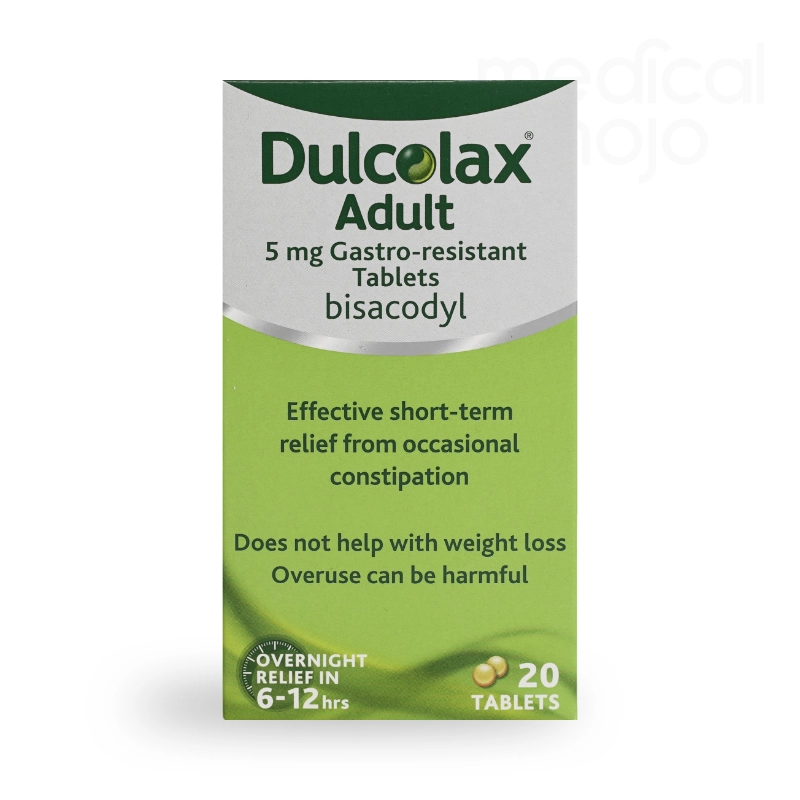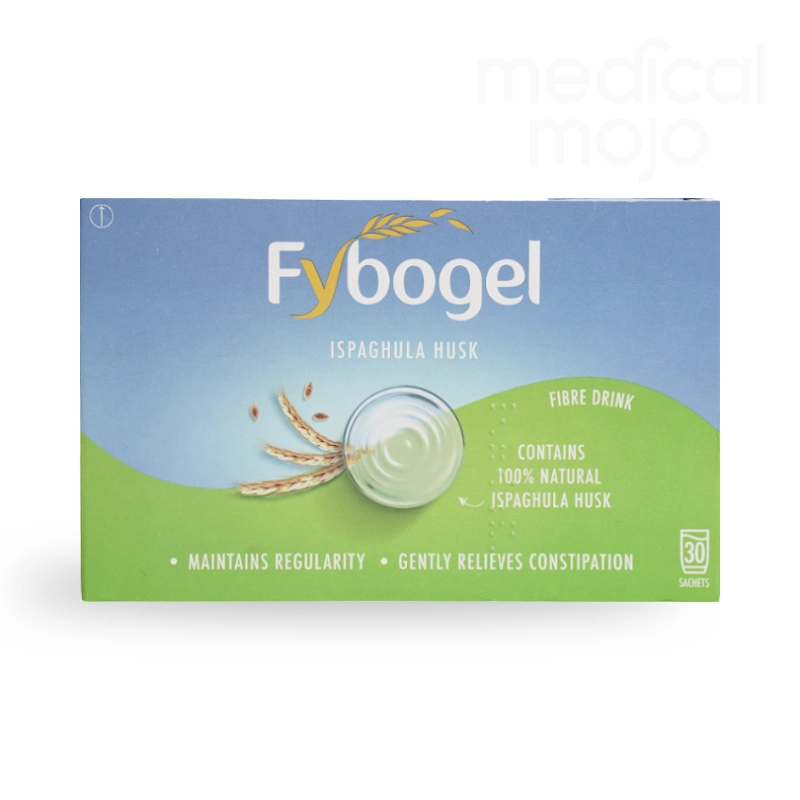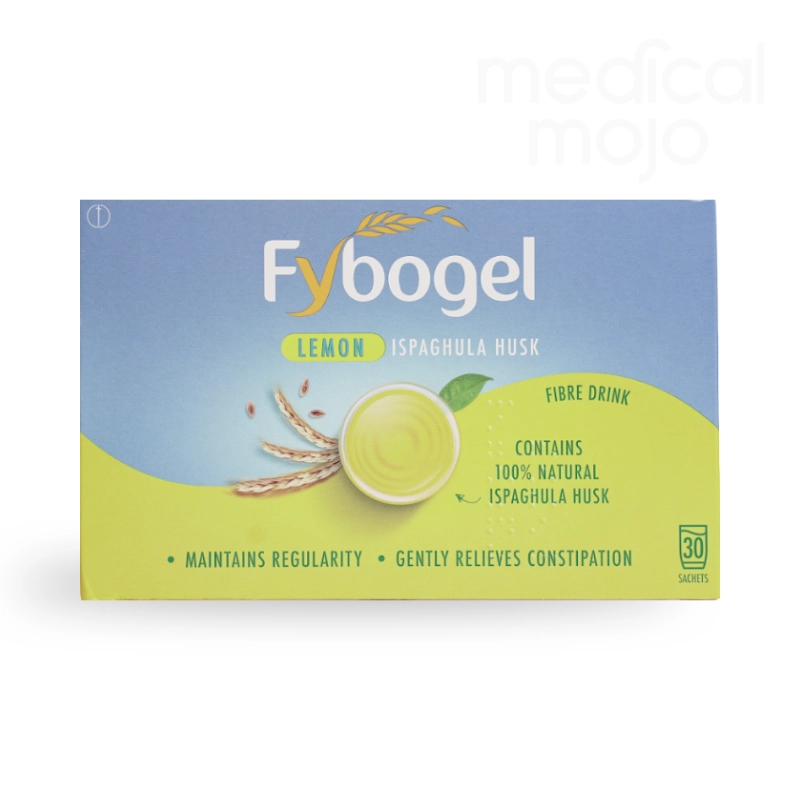Constipation
Feeling blocked up? We have a range of constipation treatments to help you
Sachets, tablets, suppositories and liquids. We have a complete range of treatments to tackle constipation.
Try our one to one wellness coaching to help you get back to optimal health by tackling the root causes.
Find the right constipation treatment for you
View All ProductsWhat you should know about constipation treatments
Constipation is a common digestive issue where a person has difficulty passing stools or does not pass stools as often as usual. It often involves hard, dry, or lumpy stools, which can be difficult or painful to pass. Constipation is typically defined as having fewer than three bowel movements per week.
Constipation can be caused by a variety of factors including a low-fibre diet, inadequate fluid intake, lack of physical activity, changes in routine or diet, ignoring the urge to have a bowel movement, certain medications, and medical conditions such as IBS, diabetes, or hypothyroidism.
The main symptoms of constipation include infrequent bowel movements, straining during bowel movements, hard or lumpy stools, a feeling of incomplete evacuation, and abdominal pain or bloating. Some people may also experience nausea or loss of appetite.
Preventing constipation involves maintaining a healthy lifestyle. This includes eating a diet rich in fibre (such as fruits, vegetables, and whole grains), drinking plenty of water, staying physically active, and not ignoring the urge to have a bowel movement. Regular exercise and managing stress can also help keep your digestive system functioning well.
You should consult a doctor if you experience severe or persistent constipation, rectal bleeding, unexplained weight loss, severe abdominal pain, or if constipation is accompanied by vomiting. These symptoms could indicate a more serious underlying condition that requires medical attention.
Treatment for constipation typically starts with lifestyle changes, such as increasing dietary fibre, drinking more water, and exercising regularly. If these measures are not effective, over-the-counter laxatives can be used, including bulk-forming, osmotic, or stimulant laxatives. In more severe cases, a doctor may recommend prescription medications or other treatments.
Yes, several types of medications can cause constipation as a side effect. These include opioids, certain antidepressants, antacids containing calcium or aluminum, iron supplements, and some blood pressure medications. If you suspect your medication is causing constipation, consult your doctor for possible alternatives.
Yes, constipation is common during pregnancy due to hormonal changes that slow down the digestive system, as well as the pressure of the growing uterus on the intestines. Increasing fibre intake, drinking plenty of water, and staying active can help manage constipation during pregnancy. However, it’s important to consult with a healthcare provider before taking any laxatives while pregnant.
Additional information
Constipation: understanding, managing, and treating the condition
Struggling to go to the toilet, despite feeling the need, can be incredibly frustrating. So is there a magic number of bowel movements that can be used as a rough benchmark for constipation? Well, as a rough guide if you’re having fewer than three bowel movements a week, with stools that are hard, dry, or lumpy, you’re likely dealing with constipation. It’s a common issue that affects people of all ages. While dietary and lifestyle changes can often get things moving again, sometimes you need a little extra help to get you moving again. Let’s unpack constipation is, what causes it, and how you can effectively manage and treat it.
What is constipation, and what causes it?
Constipation occurs when bowel movements become infrequent, difficult, or painful. It can manifest in different ways, including:
- Passing hard, lumpy stools
- Experiencing unusually large or small stools
- Straining to pass stools
- Feeling like your bowel hasn’t fully emptied
The severity of constipation can vary, from a temporary discomfort to a chronic issue that significantly can affect the quality of your life. The cause of constipation often lies in the colon, where water is absorbed from food. When waste builds up in the colon, it can become dry and hard, leading to constipation. Common causes include:
- Lack of dietary fiber: Not eating enough fiber-rich foods can slow down digestion.
- Sedentary lifestyle: Lack of physical activity can slow the digestive process.
- Changes in routine or diet: Traveling or altering your diet can disrupt regular bowel movements.
- Medications: Certain drugs, including painkillers, antacids, and iron supplements, can cause constipation.
- Dehydration: Not drinking enough water can lead to dry, hard stools.
- Ignoring the urge to go: Delaying bathroom visits can result in constipation.
- Medical conditions: Diseases like IBS, diabetes, hypothyroidism, and Parkinson’s disease can lead to constipation.
- Pregnancy and aging: Both can slow down the digestive system due to hormonal changes or weakened digestive tract muscles.
Symptoms of constipation
If you notice a reduction in your usual bowel movements, accompanied by the following symptoms, you might be constipated:
- Dry, hard, and lumpy stools
- Stools of unusual size (too large or small)
- Stomach cramps or aches
- Bloating and nausea
- Loss of appetite
Diagnosing constipation
Constipation is typically self-diagnosed, and easily managed but there some red flags you should watch out for. if you have any of the following contact your GP straight away:
- Rectal bleeding
- Hemorrhoids caused by straining
- Faecal impaction (hard, dry stools that have built up in the rectum)
Your GP will ask about your bowel habits, diet, and exercise levels. In some cases, a physical exam or further testing may be required to rule out underlying conditions.
Treatment options for constipation
Treatment varies depending on the cause and severity of constipation. Often, simple lifestyle changes are sufficient to relieve symptoms:
- Increase fibre intake: Include more fruits, vegetables, and whole grains in your diet.
- Stay hydrated: Drink plenty of water to keep stools soft.
- Use the correct toilet posture: Resting your feet on a low stool can help align your body for easier bowel movements.
If these changes don’t help, you might need a laxative. There are several types:
- Stimulant laxatives: These work by stimulating the muscles in the digestive tract, helping move stools through the system. They’re best for short-term use and usually take effect within 6-12 hours. Examples include Senna and Bisacodyl.
- Bulk-forming laxatives: These increase the size of your stools by absorbing water, making them easier to pass. Examples include Ispaghula Husk and Sterculia. It’s important to drink plenty of water when using these.
- Osmotic laxatives: These increase the fluid in the bowels, helping to soften stools. They’re gentler and are often a first choice for treating occasional constipation. Examples include Lactulose and Macrogol.
- Suppositories and enemas: These are used for more severe cases, such as faecal impaction, and act quickly to relieve symptoms.
Preventing constipation
Preventing constipation is largely about maintaining a healthy lifestyle. Here are some key strategies:
- Eat enough fibre: Aim for at least 18 grams of fibre per day. Foods rich in fibre include fruits, vegetables, whole grains, and nuts.
- Stay active: Regular exercise helps keep your digestive system moving. Aim for at least 150 minutes of physical activity per week.
- Stay hydrated: Drinking plenty of water is crucial for preventing constipation. Reduce your intake of caffeine, alcohol, and fizzy drinks, which can dehydrate you.
- Respond to your body’s signals: Don’t ignore the urge to go to the toilet. Make sure you have enough time and privacy to pass stools comfortably.
By understanding what causes constipation and how to treat it, you can take steps to manage the condition and maintain your digestive health. If symptoms persist despite your best efforts, consult with a healthcare professional to explore other treatment options.
BSc Pharmacy, Independent Prescriber, PgDip Endocrinology, MSc Endocrinology, PgDip Infectious Diseases
Superintendant Pharmacist, Independent Prescriber
GP, Medical coach



